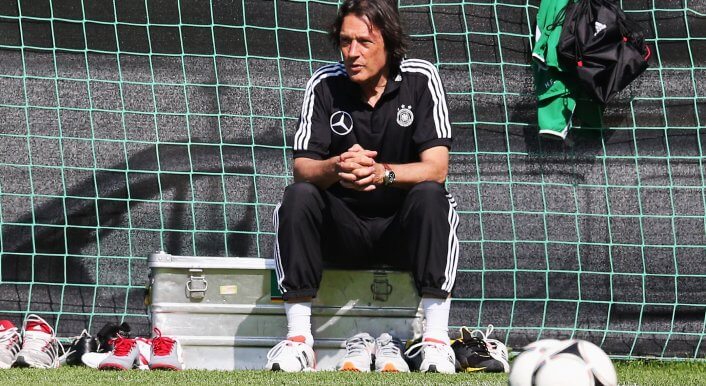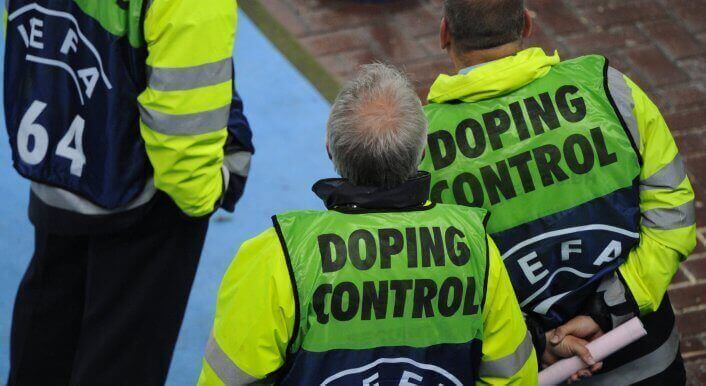Arsène Wenger demands blood tests
Unknown pills, injections, depressions after a big competition: Former England defender Danny Mills talks with the Telegraph about his international career. [A must read.](http://www.telegraph.co.uk/sport/football/teams/england/9858898/Former-Leeds-and-England-defender-Danny-Mills-says-players-would-do-almost-anything-to-get-an-edge.html)

“The game now is of such high intensity that you have to be able to compete as a top athlete at the highest level so you’ll do almost anything.“
Doping in football is in the news, thanks to the revelations in Spain. With every piece the reports sound more familiar: like pieces on cycling. Now Arsenal-Coach Arsène Wenger wants to introduce blood tests for football. Wenger says:
“It is very difficult for me to believe that you have 740 players at the World Cup and you come out with zero problems. Mathematically, that happens every time. But statistically, even for social drugs, it looks like we would do better to go deeper.“
Arsène Wenger is one of the rare football officials to speak about drugs in football from time to time. Back in 2004 he worried about blood parameters of his new players from abroad, their red blood cell count has been abnormally high.
Last week Everton-player Thomas Hitzlsperger (former West Ham, Aston Villa and German international) said some things on doping in football in this Interview (in German).
Our sport is getting more and more athletic. Doping helps to run more, to give the crucial pass in the last minute, because you’ve got a better concentration. But if you’re not skilled tactically or have tecnical problems, you’ll hit the wall. And it helps to regenerate.



